Transplanting old blueberry plants
melvinn
15 years ago
Featured Answer
Comments (12)
jellyman
15 years agoalan haigh
15 years agoRelated Professionals
Glen Ellyn Landscape Architects & Landscape Designers · Havre de Grace Landscape Architects & Landscape Designers · Towson Landscape Architects & Landscape Designers · Salem Landscape Contractors · Dixon Landscape Contractors · Ellensburg Landscape Contractors · Fort Wayne Landscape Contractors · Mendota Heights Landscape Contractors · New Cassel Landscape Contractors · Norristown Landscape Contractors · Pikesville Landscape Contractors · Roswell Landscape Contractors · Seven Hills Landscape Contractors · Weymouth Landscape Contractors · Maplewood Landscape Contractorspluto54
15 years agoalan haigh
15 years agojellyman
15 years agomelvinn
15 years agoalan haigh
15 years agoalan haigh
14 years agoglennkid
14 years agosomedudeinthegarden
14 years agoalan haigh
14 years ago
Related Stories
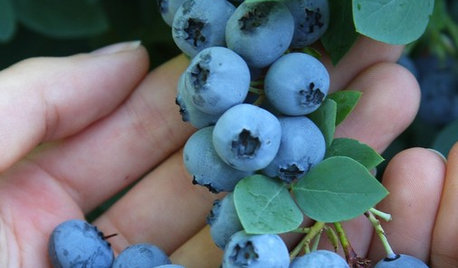
EDIBLE GARDENSSummer Crop: How to Grow Blueberries
Plant blueberries in spring or fall for garden beauty through three seasons — and a sweet superfood in summer
Full Story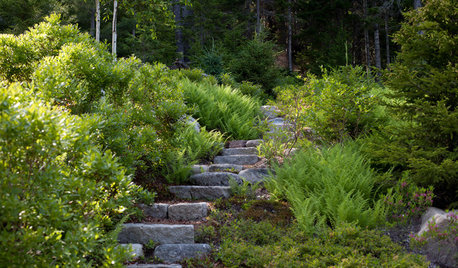
GARDENING GUIDESGreat Design Plant: Grow Blueberries for Their Fruit and More
Eastern gardeners should consider growing blueberry plants for their delicious fruits, bee-friendly spring blooms and brilliant fall foliage
Full Story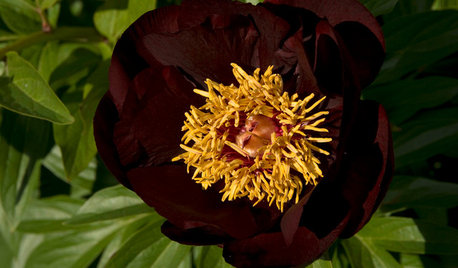
GARDENING GUIDESGreat Design Plant: Peonies
Fancy some old-time romance and low-maintenance color in your garden? These long-lived flowers are just the thing
Full Story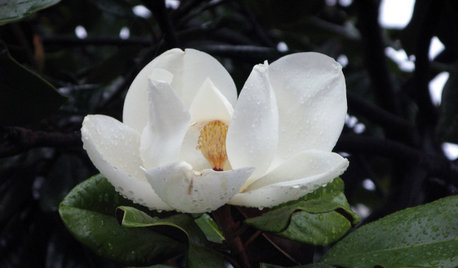
TREESGreat Design Plant: Southern Magnolia, Iconic U.S. Native
Massive, fragrant blooms and deep green leaves set Magnolia grandiflora apart from other large shade trees
Full Story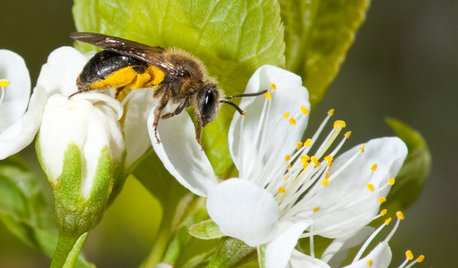
GARDENING GUIDESInvite Mining Bees to Your Garden by Planting Their Favorite Plants
Look for mining bees (Andrena) pollinating woodland wildflowers in U.S. gardens this spring
Full Story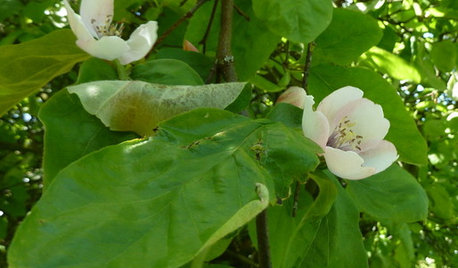
EDIBLE GARDENSWhy Grow Quince? For Beauty, Fragrance and Old-Time Flavor
Delightfully perfumed fruit and lovely spring blossoms make this apple and pear cousin worth a spot in the garden
Full Story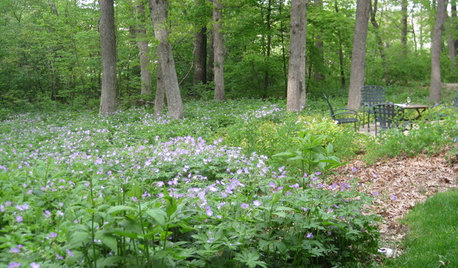
GARDENING GUIDESWe Bust 4 More Native Plant Myths
Have you been taken in by these fallacies about gardening with native plants?
Full Story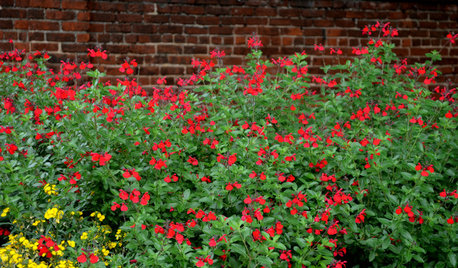
GARDENING GUIDESGreat Design Plant: Autumn Sage Brings Color and Butterflies
Whether you live in the arid desert or the humid South, you'll likely find this deer-resistant beauty as irresistible as winged creatures do
Full Story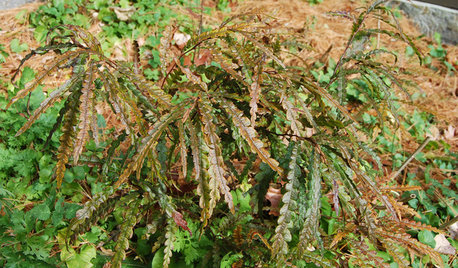
GARDENING GUIDESGreat Design Plant: Comptonia Peregrina
Though not a fern, sweet fern sure smells sweet and thrives in tough spots where many shrubs and ferns cannot
Full Story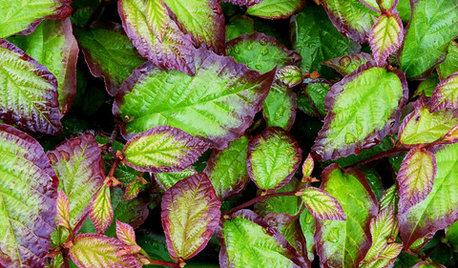
GARDENING GUIDES7 New Plants to Grow for Beautiful Foliage
Add color, structure and interest to your garden with these recently introduced plants that sport exceptional foliage
Full StoryMore Discussions






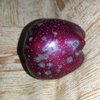
glennkid